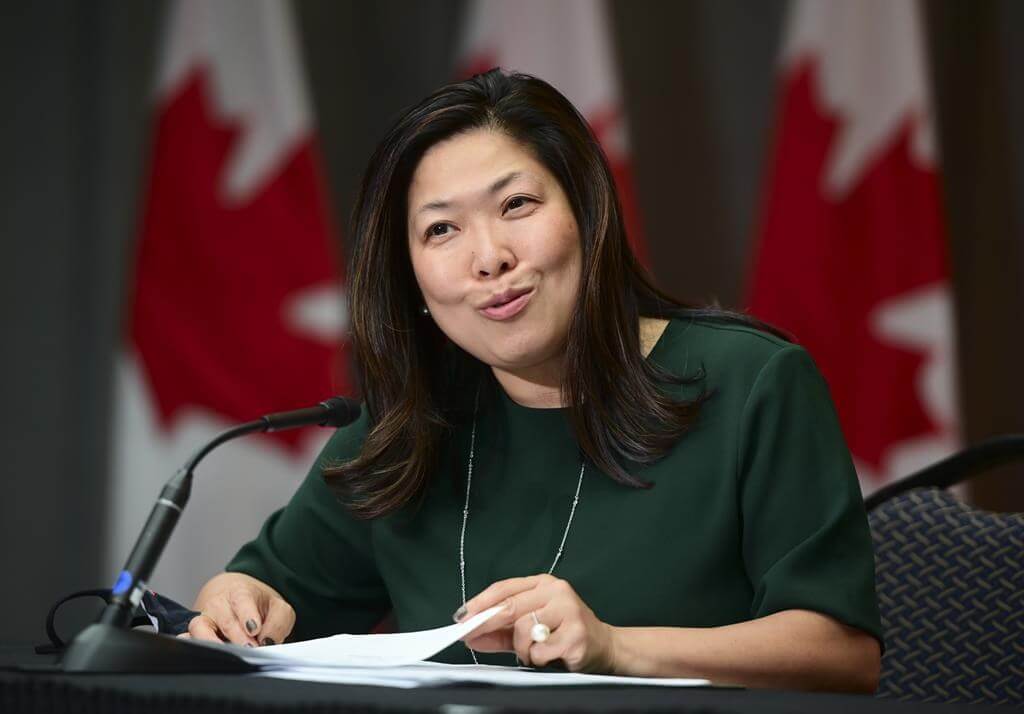In an event hosted by the Organisation for Economic Co-operation and Development (OECD) on Wednesday, Canadian Minister of Small Business, Export Promotion, and International Trade Mary Ng participated in a discussion on the importance of the Global Trade and Gender Arrangement (GTAGA) between Canada, Chile, and New Zealand. The GTAGA, which aims to enhance the participation of women in trade and work towards their overall empowerment, was signed between the three countries on August 4, 2020.
According to a statement published by the Government of Canada, Mary Ng highlighted the significance of “building knowledge and understanding on the issues, barriers and challenges faced by women in trade.” She spoke about how the GTAGA “allows for innovative and responsive tools to create and advance opportunities for women exporters.”
Mary Ng, who is also the Chair of the Ottawa Group on reforming the World Trade Organisation (WTO), discussed the potential of the GTAGA to push for inclusive policies in the WTO. She said, “We hope that the leadership shown by Canada, Chile, and New Zealand in ensuring that our trade policies and practices support opportunities for women in trade will be an example to the world.” She added that the Global Trade and Gender Arrangement is an important step forward. “We want all WTO member countries to join in this arrangement so that women around the world can access and benefit from the global marketplace,” she added.
In March 2018, on the sidelines of the Asia-Pacific Economic Cooperation Leaders Summit, Canada, Chile, and New Zealand had set up an “Inclusive Trade Action Group”. The aim was to ensure a more inclusive international trade policy that would in turn bolster economic growth and reduce inequalities. Since then, representatives of the three countries have participated in a workshop on “Labour in Trade Agreements”, co-sponsored an Asia-Pacific Economic Cooperation workshop on Capacity Building for Women, and organised several virtual seminars on supporting public engagement in trade and related agreements.
The GTAGA, which was signed by Mary Ng, the Chilean Foreign Affairs Minister Andres Allamand, Chilean Vice Minister of Trade Rodrigo Yanez, and New Zealand Minister for Trade and Growth David Parker, is another such initiative of the Inclusive Trade Action Group. It “recognises the importance of mutually supportive trade and gender policies, and seeks to increase women’s participation in trade as part of broader efforts to improve gender equality and women’s economic empowerment.”
Through the GTAGA, Canada, Chile and New Zealand highlighted the importance of gender inclusivity in economic growth. As a result of this agreement, the three countries were not only obligated to improve gender equality through their laws and regulations, but also host workshops, webinars, and video conferences on the issue. It also calls upon the participating countries to promote gender equality in international organisations, including the WTO. While these three countries are the only participants of the GTAGA, they have welcomed the involvement of other countries too.
Canadian Minister Highlights Benefits of Global Trade and Gender Agreement at OECD
The minister highlighted the significance of building knowledge and understanding on the issues, barriers and challenges faced by women in trade.
June 10, 2021

SOURCE: CITYNEWS WINNIPEG
